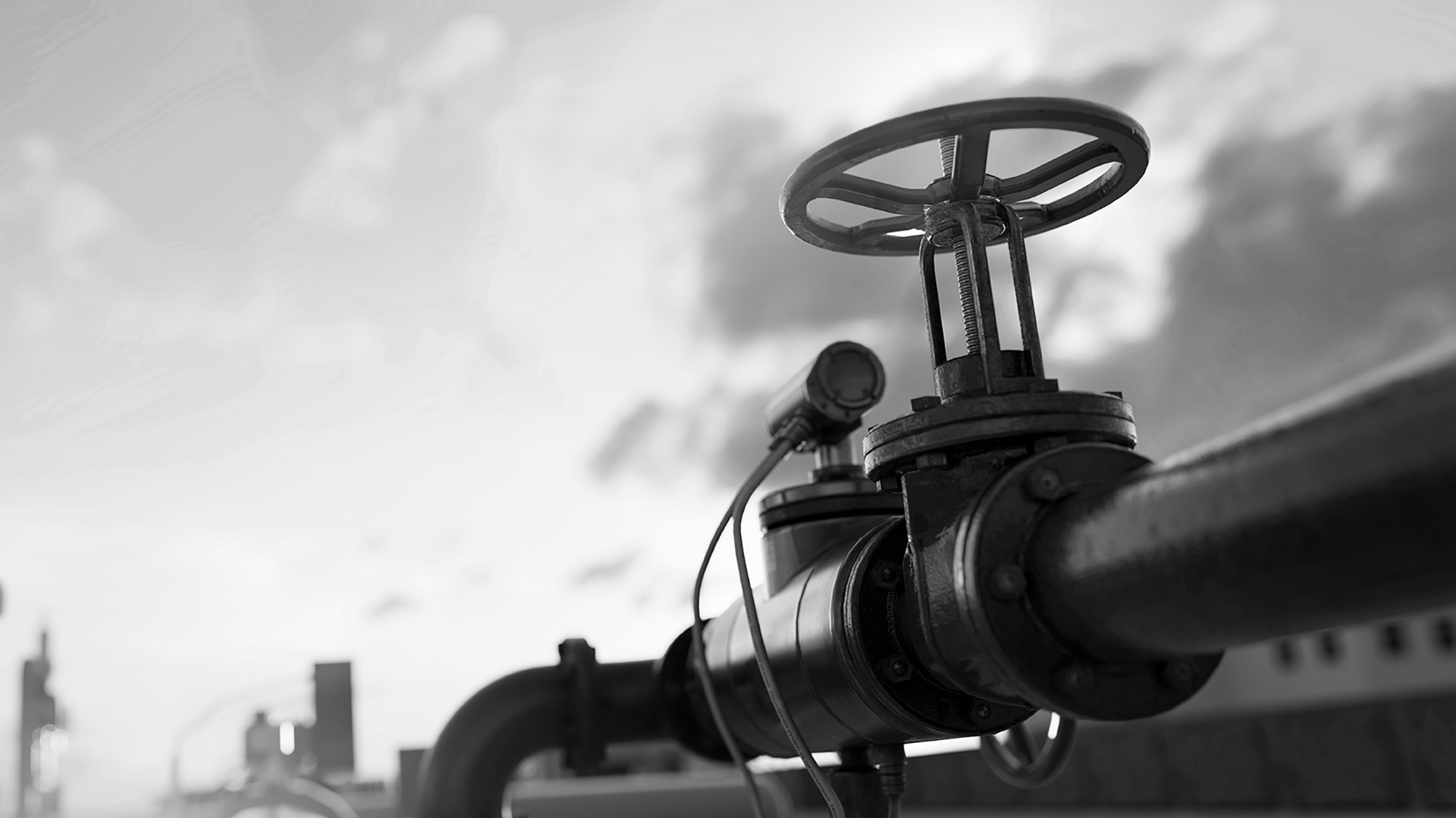The geopolitical events at the borders of Europe are of high concerns to all of us seeking peace, security, and prosperity in Europe. While our thoughts are with the Ukrainian people and all those suffering of these terrible events, Glass for Europe must continue to fulfil its duty and to raise awareness about the dangers that the current energy crisis places on the European flat glass industry.
With the war breaking in Ukraine, energy prices have sharply risen to unprecedented levels. Fears of disruptions to natural gas supplies have grown while Europe has announced its intention to reduce dependence on Russian gas imports. Both the continuous supply of energy and affordability of energy are critical elements for a thriving flat glass manufacturing industry.
The need for uninterrupted supply of energy is a characteristic of the glass melting process, shared with very few other industrial processes only. Glass melting installations must be maintained ‘hot’ and cannot stop during their lifetimes, without serious and lasting damage to industrial assets. This is precisely what is explained in a brief fact sheet available on Glass for Europe’s website. In this context, Glass for Europe calls on authorities to make sure that their contingency plans prioritize, among others, the 24 / 7 supply of energy to flat glass manufacturing installations in their countries.
Glass for Europe fully subscribes to a statement co-signed by several industrials sectors, including Glass Alliance Europe, as a reaction to this energy crisis and the European Commission’s communication on the topic, aka ‘Repower EU’. It stresses that ‘Urgent actions are needed in the short term to alleviate the burden on industries and minimize risks of energy shortage’. Among those, Glass for Europe urges the European Commission to revisit the State aid guidelines on the EU ETS to entitle the flat glass sector to compensation for its indirect costs. The joint statement also calls for a dialogue with European authorities ‘to design together the adjustments to the EU energy and climate policy that are needed in the face of this new situation’.




